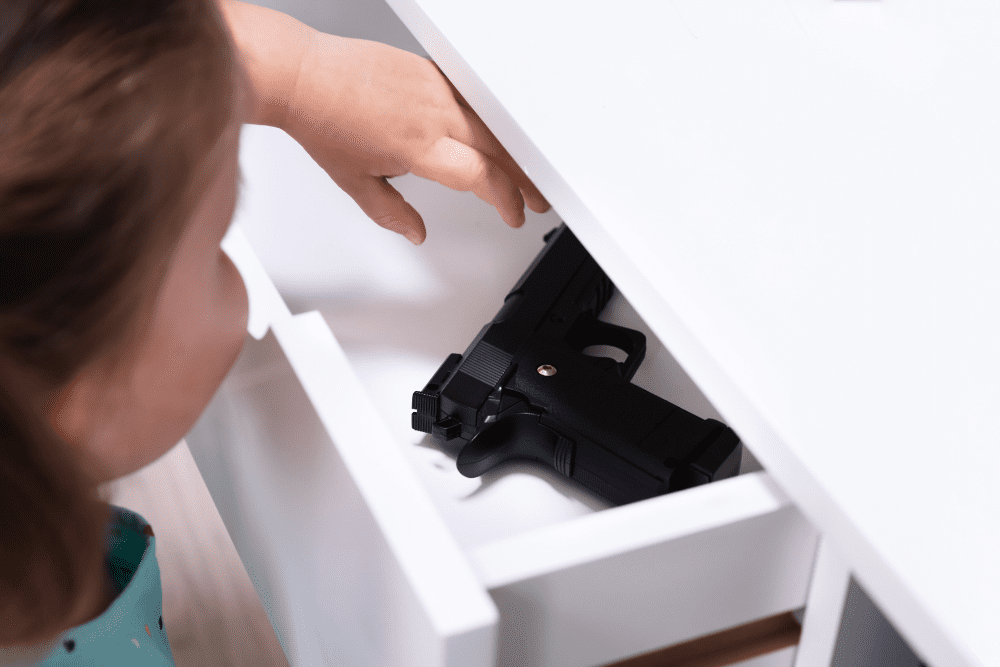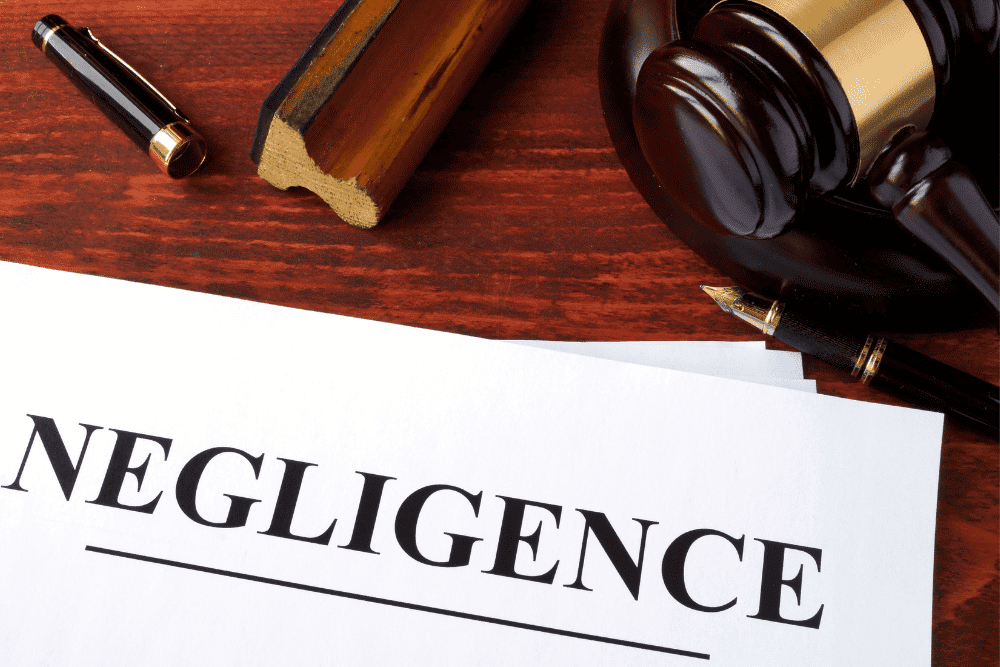Gun accidents are always tragic, particularly when children are involved. Parents in West Houston recently discovered just how devastating these accidents can be – the hard way.
Police reported that a 3-year-old child recently accidentally shot and killed his 8-month-old baby brother. Authorities speculate that he preschooler accessed the improperly stored weapon and somehow accidentally discharged it.
An avoidable tragedy.
While Texas upholds the right to gun ownership, the state also understands the need for proper storage to keep innocent people safe.
This is what you need to know about the Texas Negligent Gun Storage law: the consequences for breaking this law, as well as what parents can do to protect themselves from this situation in the first place.
The Texas Negligent Gun Storage Law
So, what does this Texas law say about gun storage?
Anyone who fails to secure a firearm can be charged with criminal negligence. This includes leaving it somewhere you know or should have known that a child could gain access.
The law defines a “child” as anyone under age 17. A “gun” is considered any loaded firearm, even if the chamber is empty of ammunition when found.
In order to escape criminal liability under these circumstances, you should take universally reasonable steps to keep a firearm out of a child’s hands. For example, you render the firearm temporarily inoperable via trigger lock or a similar device. You can also lock it in a safe, chest, or otherwise secure container.
Penalties for Not Following this Texas Law
If a child does access a firearm, the gun owner may face a Class C misdemeanor under Texas law, punishable by a maximum $500 fine.
However, if the child discharges the firearm, and it causes serious bodily injury or death, that increases the offense to a Class A misdemeanor. This misdemeanor level may incur 12 months behind bars and fines up to $4,000.
Does Affirmative Defense Work?
What if the child accessed and/or used the firearm in self-defense, defense of others, or defense of property?
For example, if someone breaks into a home, can a child access a gun to protect the family and the home? Do these circumstances make a difference?
The answer depends on the age of the child as well as their experience with firearms and maturity level. Each case differs.
Tips for TX Parents
Parents who do own firearms can protect their children’s safety and want to avoid violating this law.
They should:
- Store Firearms Safely
- Every firearm should be kept unloaded and secured with some sort of lock, in a gun cabinet or gun safe.
- Store Ammunition Safely
- You should store and lock up ammunition separately from firearms
- Keep Access Restricted
You should prevent inexperienced non-owners from accessing firearms in your home. Be aware of locations, security codes, and combinations/passwords. Only legal gun owners should be privy to this information.





